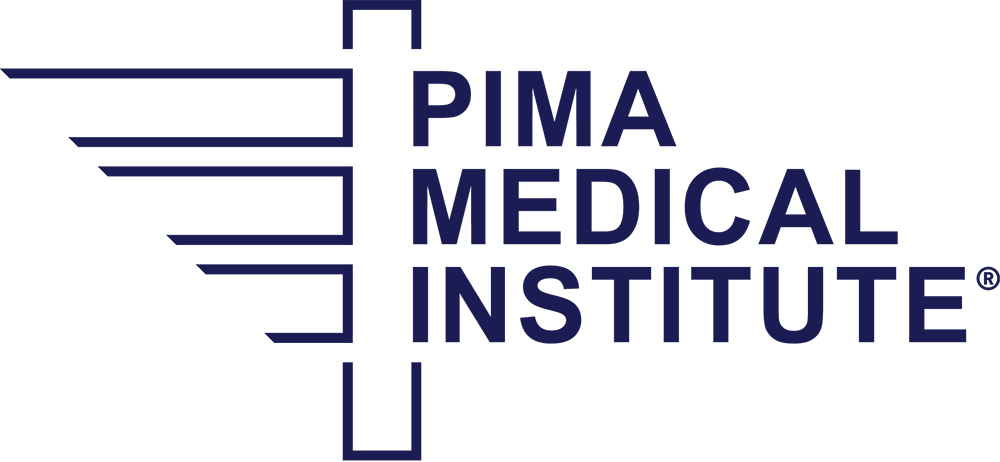
Medical laboratory professionals are crucial to every healthcare team as they collaborate with doctors, nurses and other medical workers to help diagnose patients. These roles are important as doctors depend on the laboratory professionals’ work to identify illnesses. Their skills are also needed to decipher test results to see if treatment plans are working or needing adjustments.
According to the Bureau of Labor Statistics, there’s a growing need for clinical laboratory technologists and technicians. In fact, the U.S. News & World Report ranked medical laboratory technicians #8 in Best Health Care Support Jobs in 2022. While not all lab professions are the same, there is a need for them and we can help you determine which one is the right choice for you.
So, what is the difference between a medical laboratory technician, technologist and scientist? We’ve got your answers below.
Medical Laboratory Technician/Clinical Lab Technician
Medical laboratory technicians (MLT), also known as clinical lab technicians, assist medical laboratory technologists and lab scientists with lab work and other duties. Medical laboratory technicians mainly focus on collecting and analyzing samples from patients, such as tissues, bodily fluids, urine and more. They focus mainly on tests that can be automated and depend on technology to help them find results to help diagnose patients. They’re also responsible for cleaning up and sterilizing equipment and the areas they work in as well as making sure everything is working correctly and up to standards.
MLT Education
Offered at Pima Medical Institute’s Colorado Springs campus, the medical laboratory technician program takes about 19 months to complete. After program completion, graduates are then required and qualified to sit for the American Society for Clinical Pathology (ASCP) board certification exam. Licensing requirements may vary from state to state, so it’s best to check with your local state board on where they prefer your licensure to be from.
Medical Lab Technologist/Scientist
A medical laboratory technologist (MT) or medical laboratory scientist (MLS) reports their scientific test results of biological specimens to physicians. According to Mayo Clinic, “It is estimated that 60-70 percent of all decisions regarding a patient’s diagnosis, treatment, hospital admission and discharge are based upon the results of the tests medical laboratory scientists perform.” The data they find helps to determine the diagnosis and treatments of patients.
Medical lab scientists work with doctors and medical lab technicians to help monitor the effectiveness of treatments through lab technology. In addition, MLS professionals perform a number of highly detailed, manual tests, that MLTs aren’t qualified to perform.
MLS and MT Education
The educational requirements to become an MLS or MT is a bachelor’s degree in medical laboratory science or clinical laboratory science. A bachelor’s degree in a different science or health-related field, such as chemistry, may be accepted in some instances. Students will have to complete laboratory rotations under the supervision of a medical lab scientist and must sit and pass the licensing and certification exams from the ASCP. Just like MLTs, licensing requirements may vary from state to state, so it’s best to check with your local state board on where they prefer your licensure to be from.
No matter what path you choose to take in this scientific field, the job outlook is promising. In fact, according to the Bureau of Labor Statistics, the median annual wage for clinical technicians and technologists was $57,800 in May 2021. They also state, “About 25,900 openings for clinical laboratory technologists and technicians are projected each year, on average, over the decade. Many of those openings are expected to result from the need to replace workers who transfer to different occupations or exit the labor force, such as to retire.” In order to advance in this career, MLTs are required more education and training to move up to a medical lab technologist or scientist.
Medical laboratory technicians, technologists and scientists all play an important role in the medical field. Are you up for a rewarding and challenging career that is filled with science and helping patients? Learn more about our Medical Laboratory Technician associate degree program.



